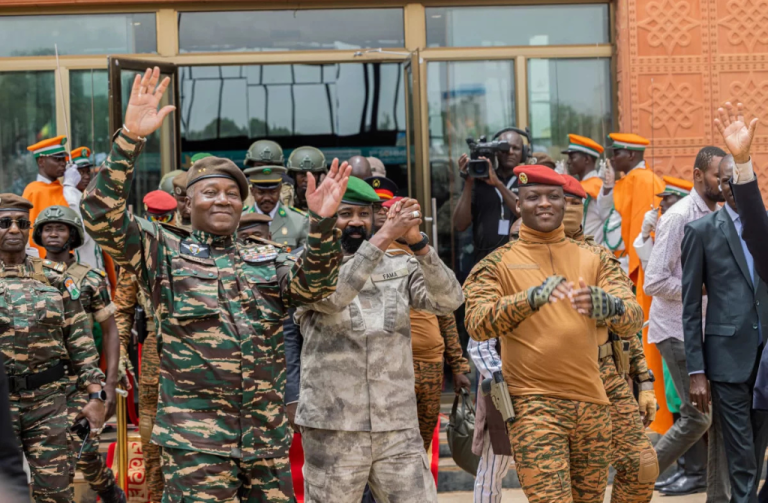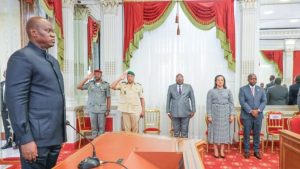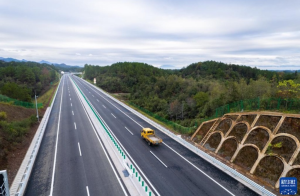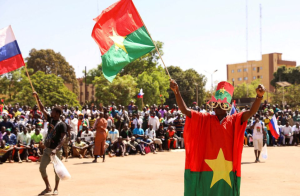AES: Towards a Union of Local Authorities to strengthen sahelian integration

The integration process of the Alliance of Sahel States (AES) is entering a new stage with the announced creation of a Union of Local Authorities. This future structure aims to place local actors at the center of cooperation and development efforts, positioning decentralization as the core of regional unity.
The initiative was launched earlier this year through a roadmap adopted in Mali, followed by the establishment of preparatory bodies in Niger.
This week, representatives of local authorities and municipalities from the three member countries convened in Ouagadougou to finalize the Union’s founding texts.
The meeting served to harmonize proposals and reach an agreement on the legal and institutional foundations that will structure the organization.
Related: AES: Young people mobilised around civic values to consolidate the achievements of sovereignty
The creation of this Union reflects a clear will to directly involve territories and their leaders in achieving the AES’s objectives.
Indeed, local authorities are on the front line daily with their populations and are indispensable relays for fostering cross-border cooperation.
Their role is crucial in implementing public policies, whether in economic development, food security, education, or major integrative projects.
By placing municipalities and regions at the heart of Sahelian integration, the AES aims to consolidate a unity that is not limited to central institutions but is rooted in local realities.
This approach is designed to bring the integration process closer to the citizens by addressing their concrete expectations.
In a region marked by common challenges security instability, weak infrastructure, energy deficits, and demographic pressures pooling the efforts of local authorities appears as a pragmatic response.
The Union of Local Authorities should foster the emergence of cross-border consultation frameworks and the implementation of joint projects, such as roads, integrated markets, irrigation systems, or training programs.
It will also serve as a platform for exchanging best practices in local governance and strengthening solidarity among communities.
This collective endeavor is part of building a new confederal space, founded on cooperation, complementarity, and a shared destiny.
Following the Ouagadougou meeting, the stakeholders of this project are set to reconvene in Mali for a decisive general assembly.
This assembly is expected to result in the establishment of the Union’s Executive Bureau, which will be tasked with leading and coordinating its initial actions.
Maurice K. ZONGO






